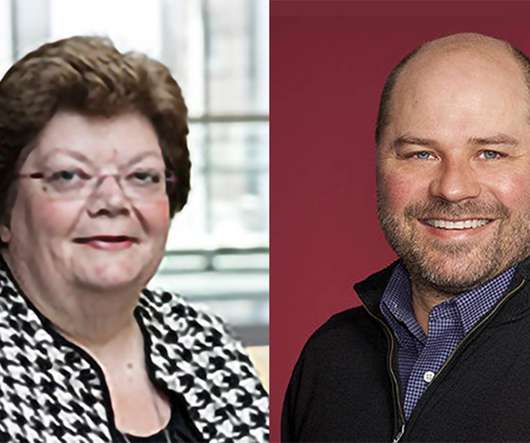Do You Need a Family Care Doctor?
Hitchcock Family Medicine
FEBRUARY 7, 2023
They can provide essential medical care, help you coordinate ongoing treatments, and serve as important support throughout your life. They can help diagnose illnesses, recommend treatments and medications, and guide you on preventive health measures. A family care doctor can greatly assist your family.























Let's personalize your content